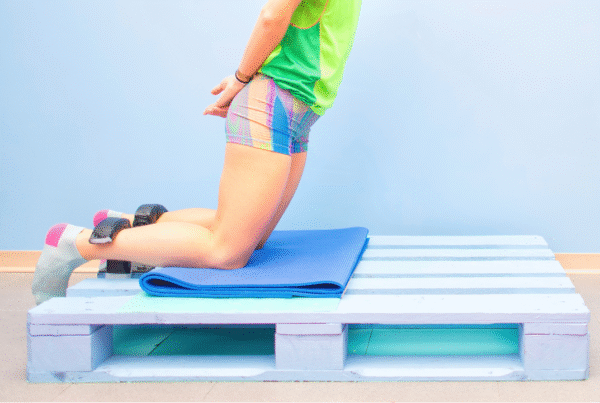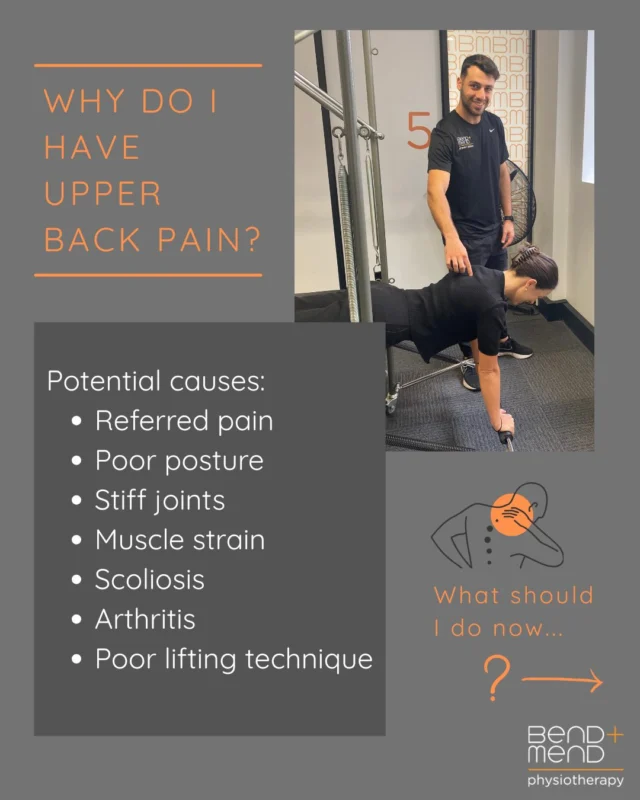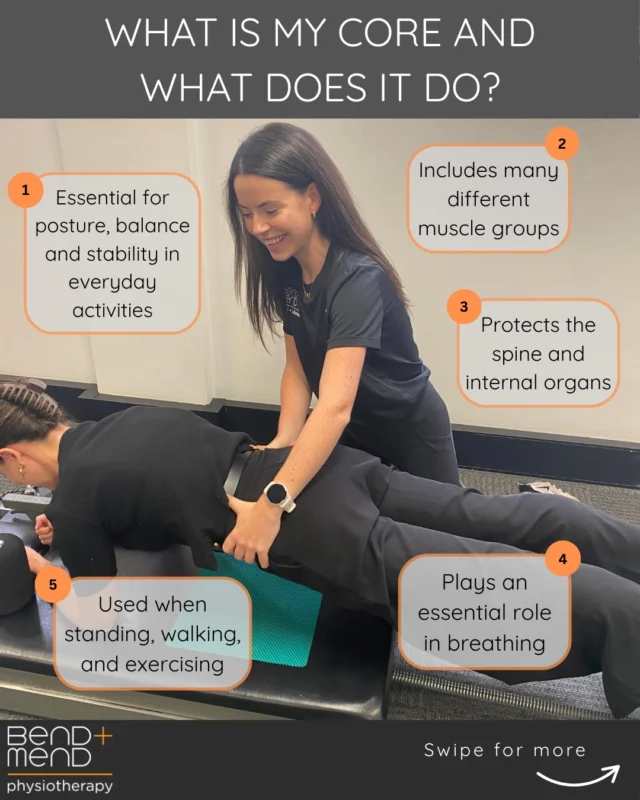If you’re working from home or at work and spending many hours at the desk, slouched in front of the computer or slumped in front of the TV, you might be putting yourself at risk of pain due to poor posture.
Poor posture can cause considerable strain throughout the body and increase the likelihood of aches, pains and injuries. Poor postures over time can cause muscles and other soft tissues (such as nerves) to become stretched or shortened/tight which can lead to pain. Furthermore, some muscles are overworked (which can cause more pain) and others don’t get used at all and become weak. This leads to poor muscle recruitment, postural stability and movement patterns which contribute to further pain over time. It’s a spiral of pain!
Pain can range from a minor soreness or ache to severe pain which can affect your ability to complete even normal daily activities. This pain may be felt throughout your body from your neck and shoulders to your lower back and could even give you a headache! Therefore, you want to get your posture right and strike a (proper) pose before it strikes you.
A Physiotherapist is instrumental in assessing your posture/alignment, movement, joint range of motion/stiffness, muscle length, recruitment, strength and endurance of important postural muscles. Your Physiotherapist may then provide advice and recommendations, taping, manual therapy and prescribe the right exercise specific for you to address your deficits. At Bend + Mend, our Physiotherapists also offer In-Office Ergonomic Assessments and Remote Ergonomic Assessments of your workstation to encourage good posture and damage control.
Here are some general ideas for some stretches and exercises to save your neck and back:
- Bows and Arrows (thoracic rotation)
The upper-middle back becomes noticeably stiff with prolonged sitting so this exercise helps to improve thoracic mobility and reduce the likelihood of pain due to stiffness
- Upper trap stretch
The upper traps very frequently become over-active and tense from prolonged computer use so this exercise will help reduce the muscle tension and pull on your neck
- Pec stretch
The pecs can get frequently tight with prolonged sitting and slouching so it’s important to stretch these out to reduce the pull on your shoulders
- Core motor control training
The core is important to protect and stabilise your back and usually weak in back pain so strengthening these postural muscles of your core will reduce and prevent further back pain
If you’re concerned about your posture or feeling aches and pains, come and visit your experienced Physiotherapists at Bend + Mend in Sydney’s CBD for an assessment and treatment.





